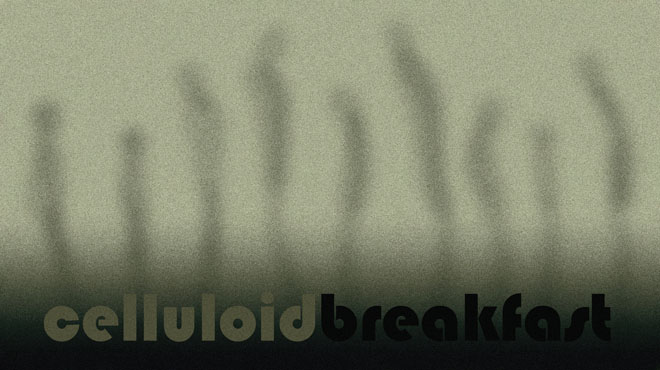Laden with verbal and visual puns alike, Prison is an unusual early exercise in recursive filmmaking, bolstered by a decent cast and cinematography. At moments, one might even be led to believe this is some modern film experiment riffing sarcastically on forties cinema. But as interesting a concept as the film presents, it isn’t in and of itself a significant film, besides manifesting the emergence of Bergman’s style. It’s almost as if Bergman created the meta-film element as an excuse to explore the histrionic potential of photography, and the title itself may have been a reference to his experience of working for studios. Watch out for the Méliès-style short film (later seen in Persona), which confusingly sits inside the film-within-a-film.






No comments:
Post a Comment